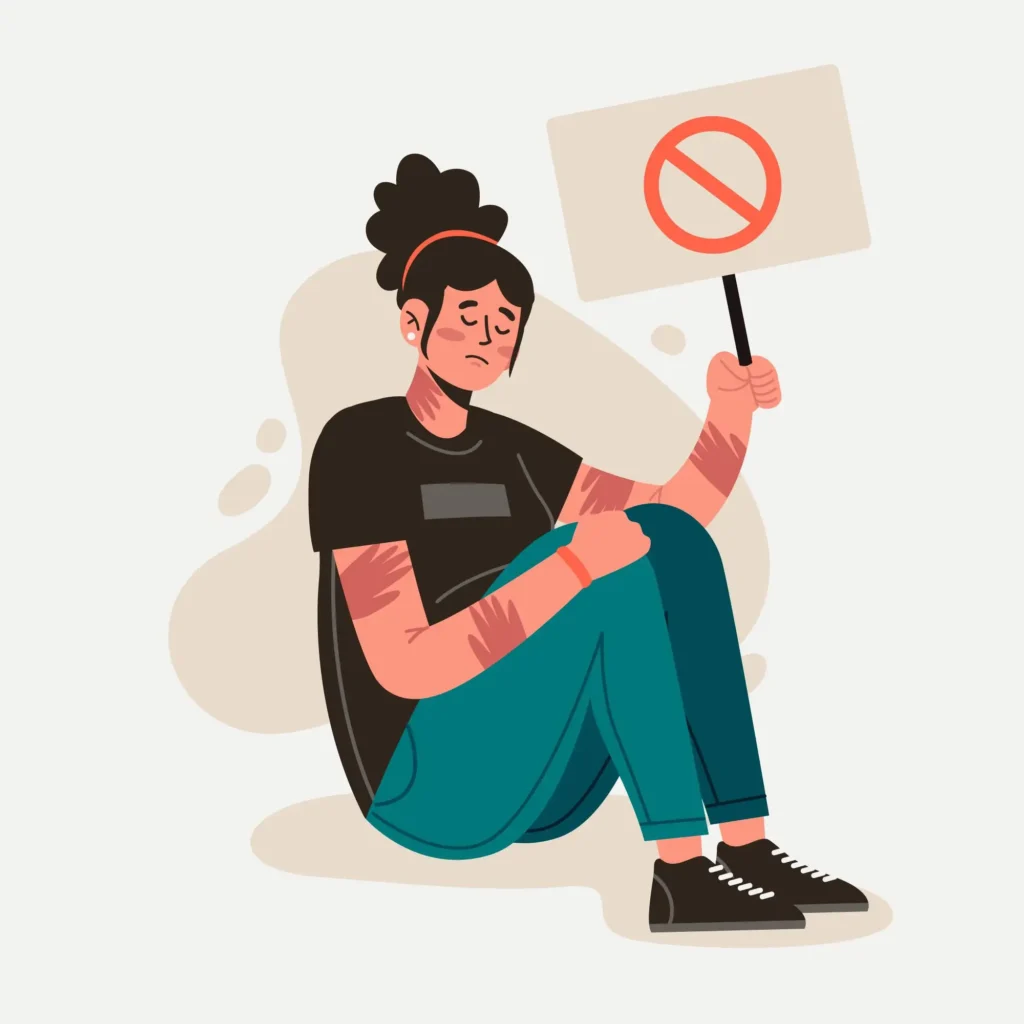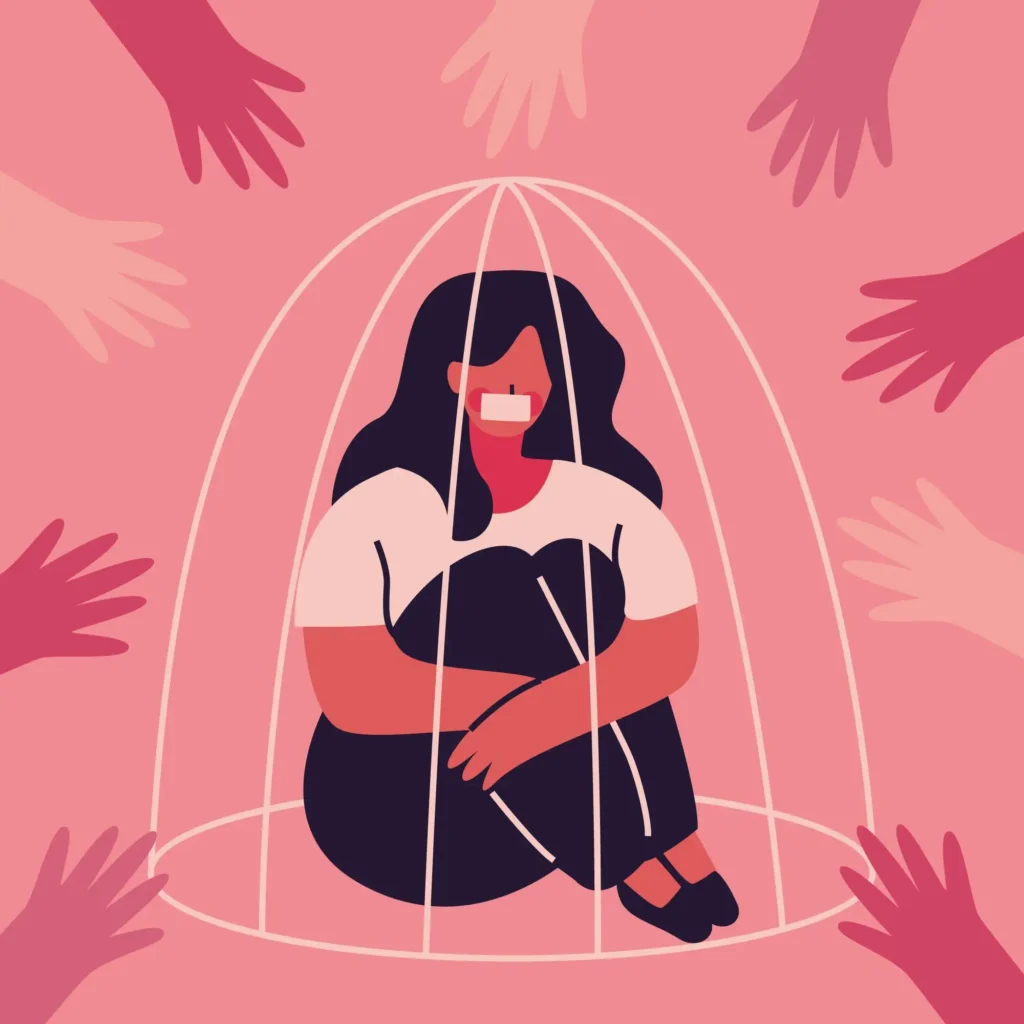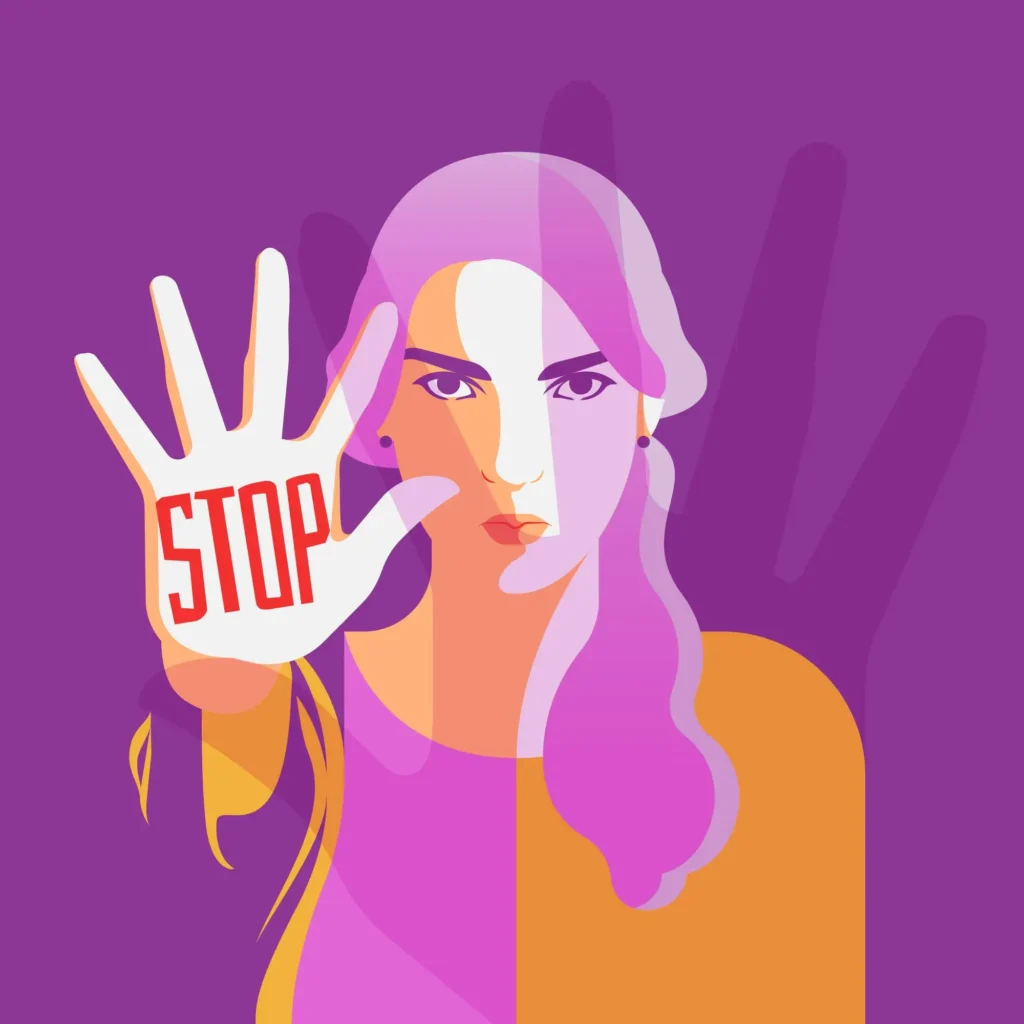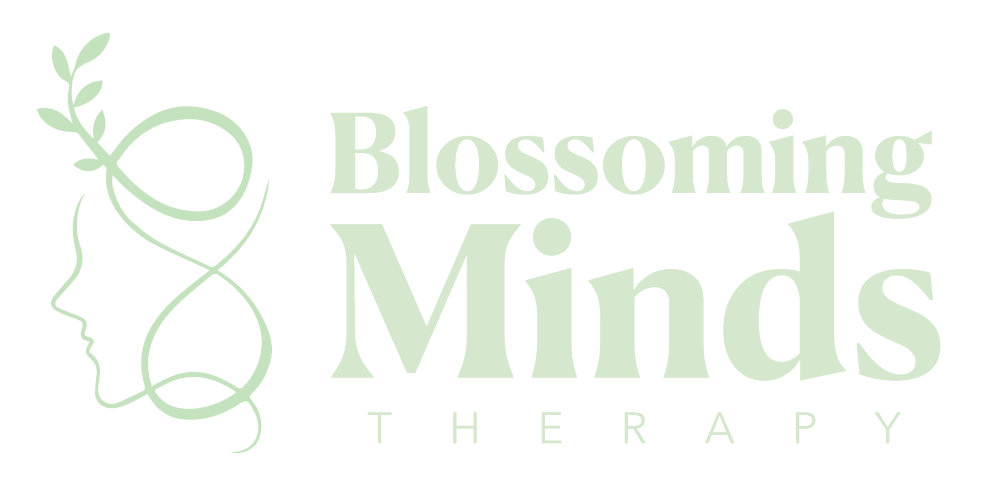Domestic violence also known as domestic abuse is a pattern of behavior in an intimate relationship that is used to gain and maintain control over a partner. The threats of actions or the actions themselves are used to frighten, hurt, gaslight, and manipulate the victim.
The abuse can be:
- Physical
- Sexual
- Emotional
- Economic
- Psychological
Do only women experience domestic violence?
Domestic violence can occur to anyone of any gender, race, age, sexual orientation or religion. Couples who are married, dating, and living together can experience domestic violence. One-six Australian women and one in 16 men have experienced, since the age of 15 to a form of violence by their partner. The statistics regarding men can vary, as many of them do not report the abuse. An estimated 2.1 million women and men have witnessed violence towards their mothers and around 820,000 witnessed abuse towards their fathers before the age of 15. Children who have witnessed or experienced violence are 2-4 times more likely to experience a domestic violence relationship.


What are the common signs of domestic violence?
Some clients have reported headaches and panic attacks which they did not know are the direct result of their experience with abuse. There tends to be a missed diagnosis where victims are diagnosed with anxiety; however, the anxiety symptoms are caused by the violent relationship that they are in.
Does your partner:
- Embarrass you in front of your friends and family?
- Put you down?
- Make you feel unable to make decisions>
- Use threats to gain control?
- Grab, push, pinch, shove or hit you?
- Use drugs or alcohol to justify the hurtful things they have said to you.
- Apologize after hurting you?
- Prevent you from doing things that you want to do?
- Pressure you sexually for things you are not ready for?
Do you:
- Feel scared
- Feel confused
- Feel hopeless
- Feel Anxious
- Blame yourself for his actions
- Have trust issues
- Make excuses for your partner's behaviour
- Feel like there is no way out
- Walk on eggshells around your partner
- Believe that your partner can change
- Put your partner’s needs before your own
- Stay in the relationship because you fear the consequences if you leave
- Think that you won’t find anyone else
What can happen if you stay in this relationship?
Staying in an abusive relationship can cause harm to your overall well-being. Suicidal ideations/attempts are common which can be a result of depression. Clients have reported panic attacks and symptoms of anxiety that remain even after leaving the relationship. It is important to notice the warning signs and take action as soon as possible. Fear, paranoia, and withdrawal from the ‘outside world’ can occur. Victims tend to disconnect from loved ones, experience under/over eating, and turn to alcohol/drugs.
Here are a few misconceptions about Domestic Violence
The most common misconception is that domestic violence only occurs to women; it is difficult for us to process the fact that men can be victims. We are conditioned to believe that men are always in a position to protect and defend themselves. Men can feel psychologically unsafe as well as physically unsafe. There have been reports of receiving financial and legal threats as well as threats relating to not seeing their children again. It is suggested that only 20% of men who experience violence seek help. Another misconception is that domestic violence is ‘only physical’; therefore it is important to take notice of the other forms of abuse.
Strategies in therapy that can help you heal
- Mindfulness
- Awareness strategies
- Mindset change
- Motivational therapy
- Reminders of strength and skills

References
1.Family, domestic and sexual violence in Australia, 2018. (n.d.). Australian Institute of Health and Welfare. https://www.aihw.gov.au/reports/domestic-violence/family-domestic-sexual-violence-in-australia-2018/summary
2.Per_admin. (2022, April 13). What to do if you are a male victim of domestic violence. Relationships Australia NSW. https://www.relationshipsnsw.org.au/what-to-do-if-you-are-a-male-victim-of-domestic-violence/
3.Types of abuse in domestic and family violence. (2019, September 24). Family & Community Services. https://www.facs.nsw.gov.au/domestic-violence/about/types-of-abuse-in-dv
4.United Nations. (n.d.). What is domestic abuse? https://www.un.org/en/coronavirus/what-is-domestic-abuse




